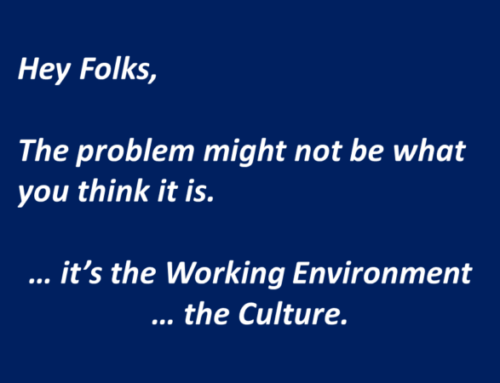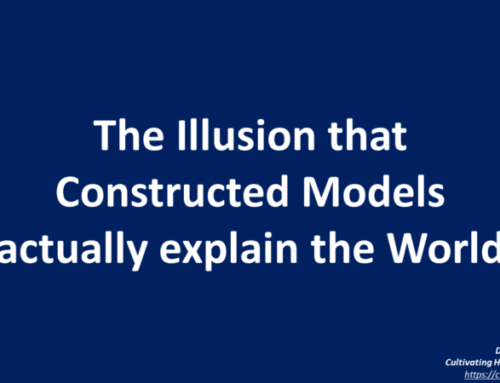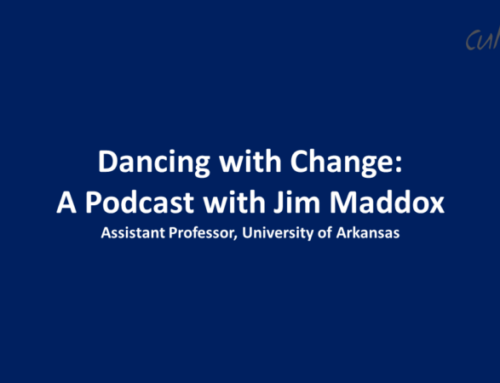Mission – a Toxic Word
Standard terminology in organisations is frequently used without much thought attached to the meaning of the words. This can be problematical, as language plays a significant role in shaping our thought patterns.
„Mission“ is one example of a problematical concept.
During a group discussion at a conference last week, I made a robust intervention, proclaiming, „Mission is a toxic word“. There was surprise as well as some uncomfortable rumbles in the room. I then explained.
The modern etymology of the term dates back to the 16th Century, and lies in the sending of missionaries from the Christian churches to colonise regions of the world – a practice which unfortunately continues today.
Colonisation is toxic. Claiming that one’s personal belief system (religion is after all nothing more than a belief) is superior to others is not simply disrespectful, it is decidedly ignorant. History informs us of the violent conflict and destruction that such practices incite.
The other common usage of the word „mission“ is military. Military missions primarily aim to kill and destroy. The purpose of any military is to dominate in the name of the power that sends them, and usually destroy in order to do so.
„Mission“ is a toxic concept, driven by force.
Having explained my perspective, some members of the group began to suggest „purpose“ as an alternative within the context of our discussions – conversations in organisations. This may be fine. Here I ask, however, what is the intention when proclaiming a „purpose“?
If the intention is the same as that when using „mission“, then „purpose“ too becomes toxic.
We need to become more discerning in our use of language.
Note on the choice of photograph: I took this photograph while living in New Zealand, a land mass of astounding natural beauty, colonised by western Europeans whereby Christian churches played a significant role.






